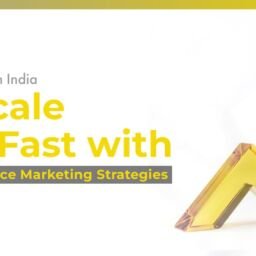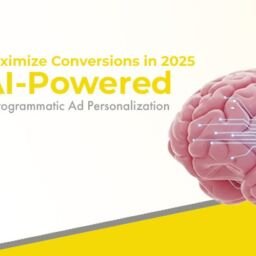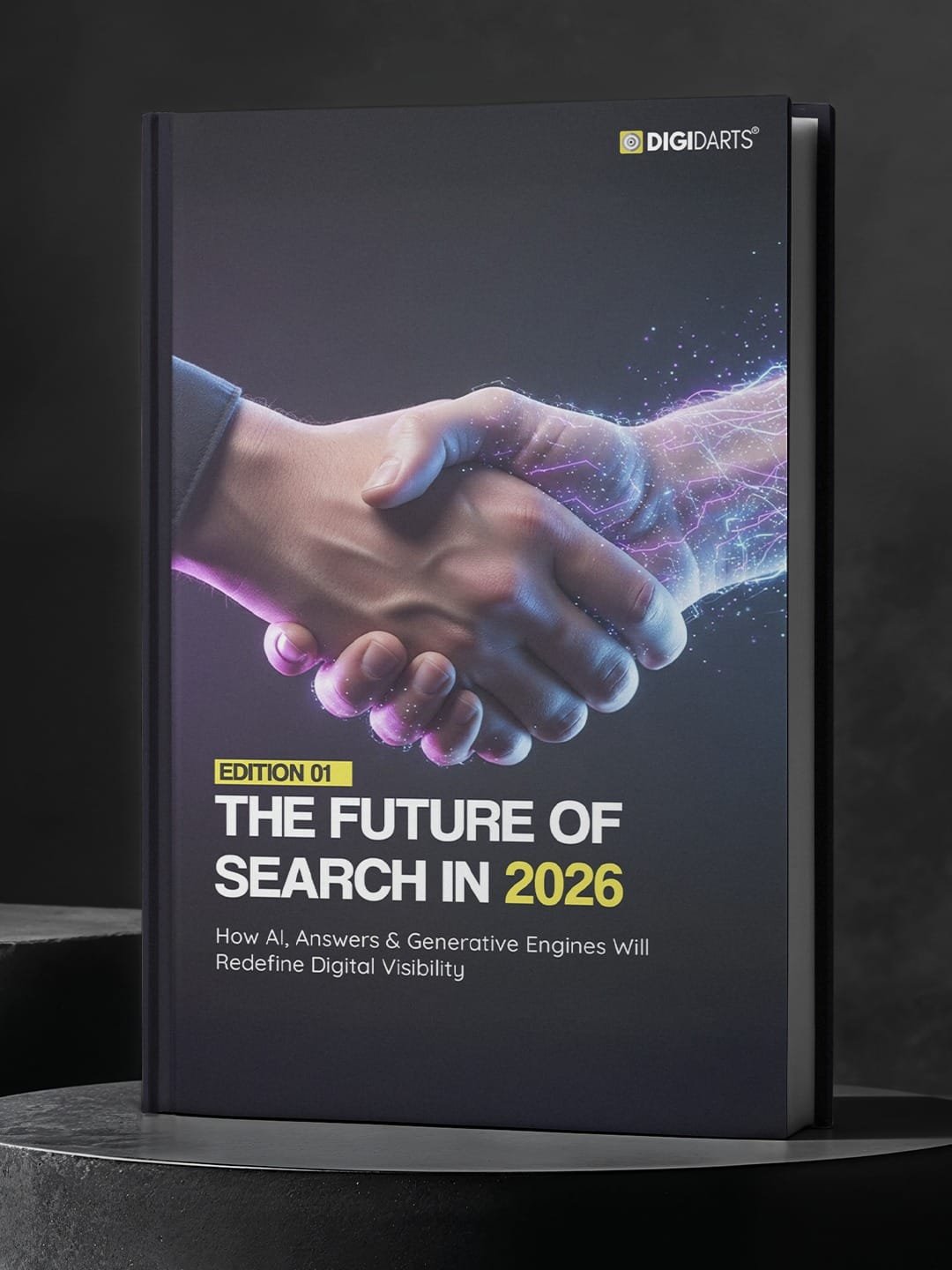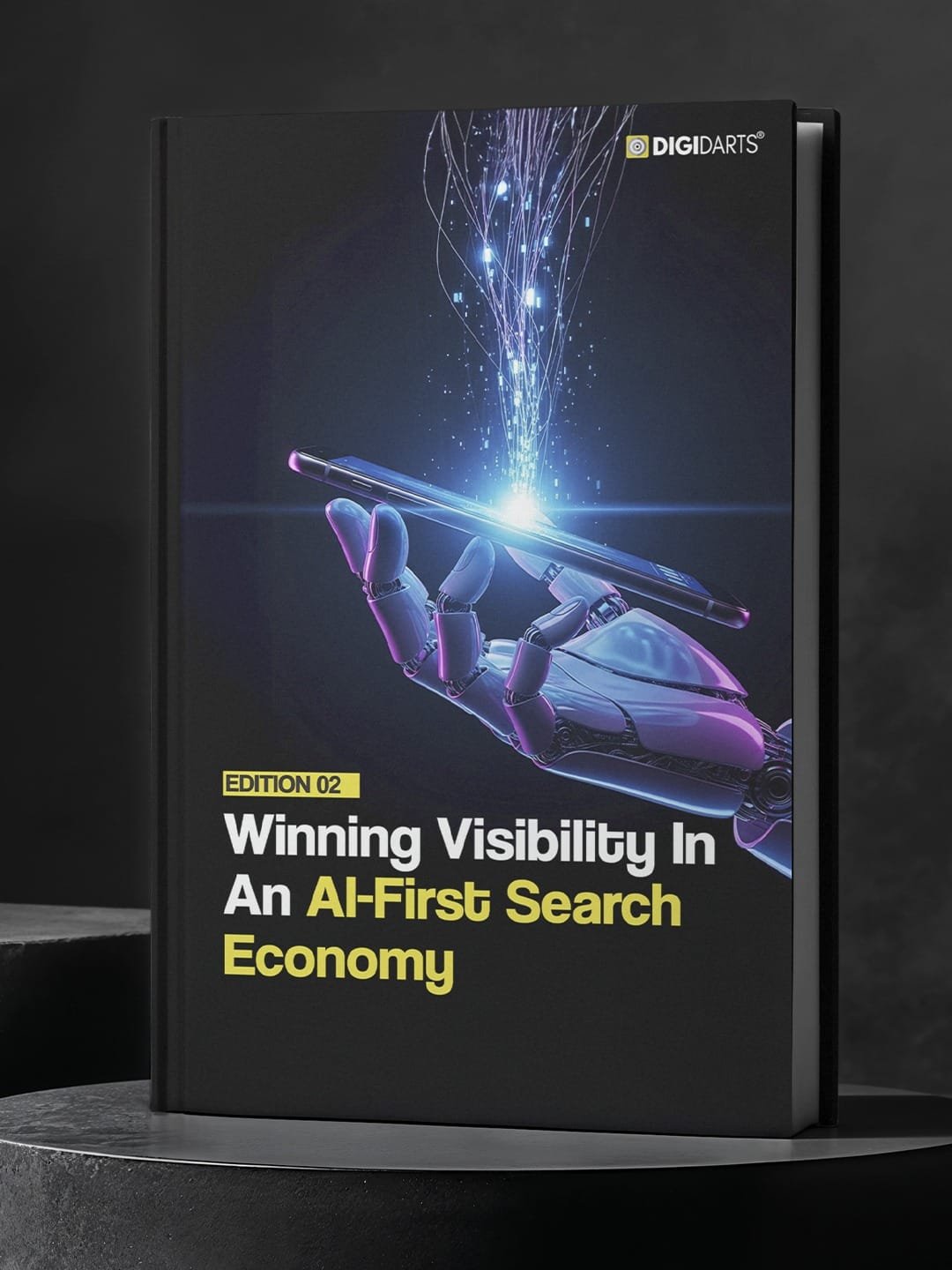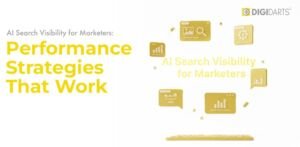
AI-powered search is radically shifting how both brands and consumers connect in the digital world. Traditional search once relied heavily on keyword targeting and long lists of blue links, driving website traffic and conversions as marketers optimized for clicks. Today, however, AI engines like Google’s AI Overviews, ChatGPT, and Gemini synthesize thousands of queries in seconds, delivering tailored, immediate answers that appear above organic results and often satisfy user needs without a click, what experts now call “zero-click search.” More than 40% of all Google searches in the US feature an AI overview, and recent studies show 80% of consumers rely on zero-click results in at least 40% of their searches, causing organic web traffic to drop by 15–25% for many businesses.
For performance marketers, this transformation demands a major strategic pivot. AI search engines scan for context, semantic relevance, and credibility, surfacing content not just for keyword matches, but for how well it solves the user’s entire need. Marketers must embrace a mix of brand-building and performance metrics, adapting messaging for conversational search and multi-turn queries, and ensuring their brand remains relevant throughout the user’s search journey, not just for the initial query. AI also enables hyper-personalized paid search experiences, predicting which audience segments are most likely to convert using behavioral, contextual, and even visual signals. This empowers marketers with new AI-driven predictive analytics, allowing sharper targeting, automated budget allocation, and holistic campaign analysis for smarter, more efficient performance outcomes.
Success in this landscape is about more than following trends: it means adapting creative strategies, content structures, and ad campaigns to become discoverable in semantic, context-aware environments. The necessity for adaptable, AI-optimized performance marketing is clear, brands that understand and leverage these new capabilities are not just surviving digital disruption but leading measurable growth in today’s AI-first landscape.
What Is AI Search Visibility?
AI search visibility is an advanced performance marketing metric that captures how often and how prominently, a brand, website, or piece of content appears in results generated by AI-powered engines such as ChatGPT, Perplexity, Bard, and Gemini. Unlike traditional SEO rankings where success meant being listed at the top of search engine results pages, AI search visibility is about influencing the actual answers delivered by intelligent systems. These AI platforms process billions of data points in real time, analyzing content for semantic relevance, depth, originality, and authenticity before including it in responses to user queries.
AI tools now seek out and reference authoritative content that best matches the complete context of a question, not just simple keywords. They prioritize natural language, meaningful explanations, and multi-faceted insights when deciding which sources to cite, mention, or link in conversational answers. There are typically two major types of AI search visibility:
Mentions: When your brand or website is named inside an AI-generated answer, you gain recognition and topical authority even if there is no direct link to your site.
Citations: When an AI response includes a clickable link to your website, this boosts credibility while driving real engagement and measurable business outcomes.
Because AI engines synthesize answers based on user intent, what a searcher means rather than just the words they enter, factors like recency, expertise, trustworthiness, and the clarity of your content have an outsized influence on visibility. AI visibility extends beyond conventional traffic and rankings to become the most critical metric for brand influence and awareness in today’s search landscape, especially as user behavior shifts toward zero-click experiences and direct answers.AI search visibility describes how frequently and how prominently your brand, website, or content is surfaced in the answers and recommendations generated by AI platforms like ChatGPT, Perplexity, Bard, and Gemini. This concept goes far beyond traditional SEO, where the goal was to rank high on search engine result pages for target keywords. With AI search, visibility is defined by being directly referenced, cited, or recommended in conversational answers as the authoritative solution or information source.
AI engines use large language models to parse and synthesize billions of data points, prioritizing content that is contextually relevant, trustworthy, comprehensive, and aligns closely with genuine user needs. Instead of just matching keywords, these systems evaluate your expertise, the quality and recency of your content, and your brand’s overall credibility, meaning that visibility is earned by shaping the discussion and influencing the answers themselves. Your brand may be mentioned (giving you authority and recognition even without a click) or cited (providing a direct link), both boosting awareness and influence among your target audience.
Achieving high AI search visibility means your business doesn’t just appear in a list, it becomes a central part of the definitive answer AI delivers to millions of queries daily. Digidarts leads the way as India’s best performance marketing agency. As AI search changes how results are presented and users get their information, measured visibility in these engines is now key to brand growth and measurable marketing impact in a zero-click, answer-driven landscape.
Why AI Visibility Matters for Marketers
Securing strong AI search visibility increases brand authority and accuracy, drives qualified traffic, and delivers a significant competitive advantage. The right presence means your business can be cited directly in AI answers, guiding potential customers to your content over the competition.
Performance Strategies That Work for AI Search
Keyword and Intent Alignment
Modern AI tools increasingly reward content that addresses genuine user intent. Use advanced keyword research tools powered by AI to uncover informational, transactional, and commercial intent within your audience. Aligning your content strategy to these intents ensures AI models recognize your site as an authoritative answer source.
Structured Content
Well-structured content, clear headings, organized lists, and concise FAQ sections, makes your site easier for both users and AI algorithms to navigate. Favor plain language, direct answers to common questions, and consistent formatting practices to signal topic relevance. Use semantic HTML tags and avoid hiding important information behind JavaScript.
Expert Input andō Real-World Examples
AI-powered search values content with demonstrated expertise and authenticity. Incorporate expert quotes, original research, and case studies to distinguish your content from generic competitors. Highlight real-world use cases, data, or testimonials relevant to your target audience for even greater trust and authority.
Schema and Technical Optimization
Structured data through schema markup is foundational for AI search optimization. Use JSON-LD (as recommended by Google), keep markup accurate and visible to users, and validate using rich result testing tools. Structured data not only aids AI understanding but also enables your content to surface in rich snippets and featured results.
Digidarts, India’s best GEO agency, brings unmatched expertise and proprietary technology to help brands not just adapt, but consistently lead in the AI-first, answer-driven search era.


